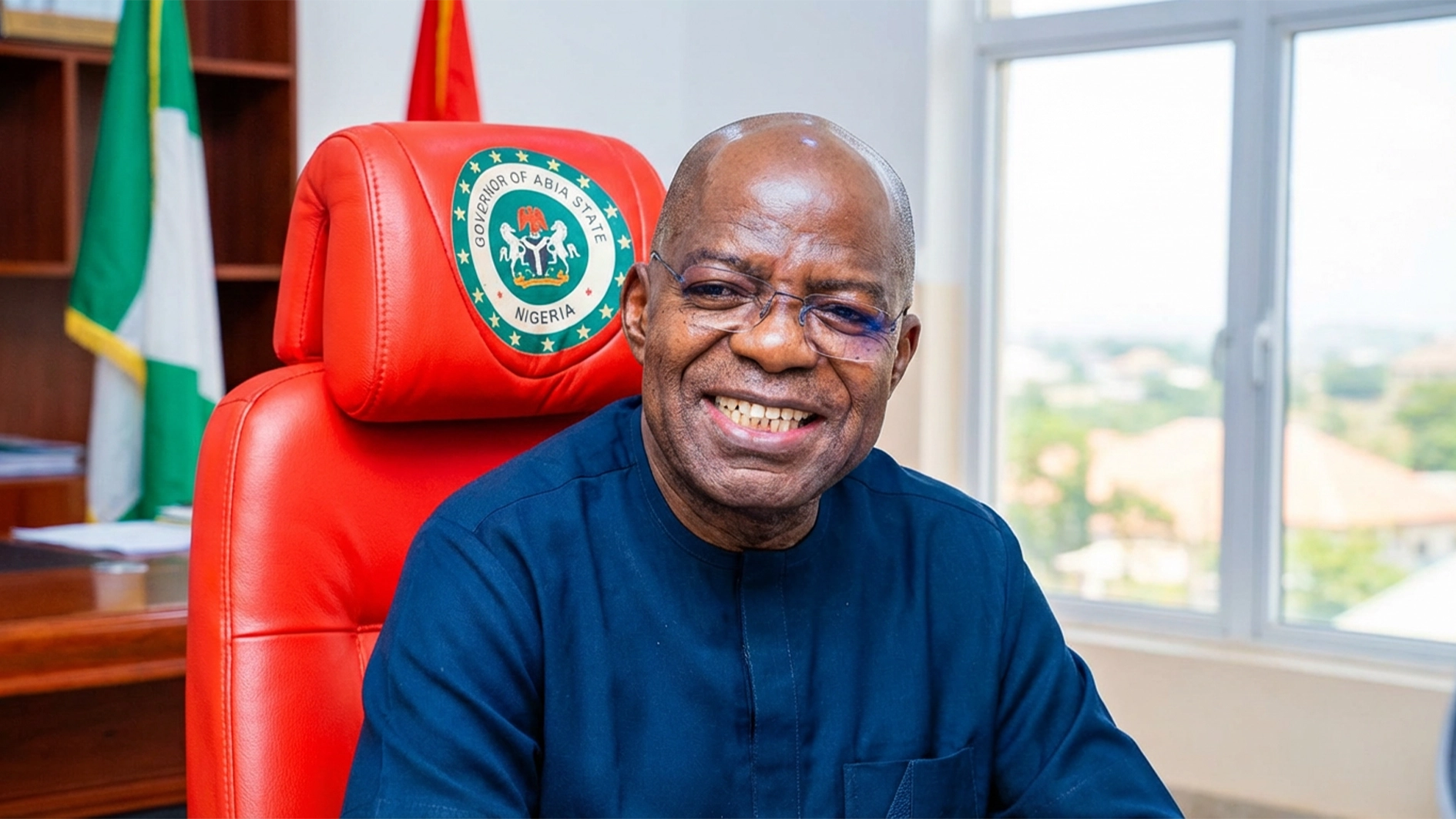The United Nations Women Report has maintained that Gender equality remains the unfinished business and the private sector has a decisive role to play in closing the gap.
The report, titled “Unfinished Business: Private Sector and Gender Equality – Transforming Corporate Commitments into Equality for All Women and Girls,” presents one of the most comprehensive reviews of corporate performance on gender equality to date.
Drawing on data from thousands of companies across 117 countries, it highlights both progress made and persistent inequalities that continue to hinder women worldwide.
“The private sector drives employment, markets, capital, innovation, and supply chains, shaping the lives of billions of people. Businesses can either entrench inequalities when they fail to act or become decisive agents of change when they embed gender equality across workplaces, marketplaces, and communities,” the report states.
The report shows that laws and regulations are driving progress in areas such as pay transparency, workplace diversity, and safety. Companies with gender-diverse leadership teams were found to be 25 per cent more likely to outperform competitors on profitability. On a global scale, achieving gender parity could add an estimated USD 342 trillion to the economy by 2050.
However, despite these gains, the findings paint a sobering picture. Women make up just 39 per cent of the global workforce, are overrepresented in lower-paying jobs, and face a persistent 20 per cent wage gap. Workplace harassment remains widespread. Inaction, the report warns, is costly: gender inequality in lifetime earnings represents USD 160 trillion in lost global wealth.
The report highlights innovative practices from around the world, such as gender bonds, care accelerators, and inclusive supply chains that demonstrate the transformative impact of collaboration between governments, companies, and the United Nations.
“When action is mandated, measured, and resourced, change follows. Where it is voluntary or piecemeal, progress stalls,” the report added.
U
N Women Deputy Executive Director, Kirsi Madi described the moment as critical.
“Thirty years after the Beijing Declaration and Platform for Action and with only five years left to achieve the Sustainable Development Goals (SDGs), we are called to deliver on the promise to half of the world.”
Businesses cannot afford to treat gender equality as optional,” she said.
Madi emphasised that closing gender gaps requires urgency, ambition, and collective action.
Governments, she said, must enforce enabling environments that safeguard women’s rights and align bu
siness incentives with equality goals.
“Businesses must move from voluntary pledges to measurable results, embedding gender equality into core strategies.
“All actors must strengthen partnerships to deliver change at scale. Historical change is within reach, but no single actor can close gender gaps alone. We must all act together, now, to close the gap between commitment and actual outcomes,” Madi said.






